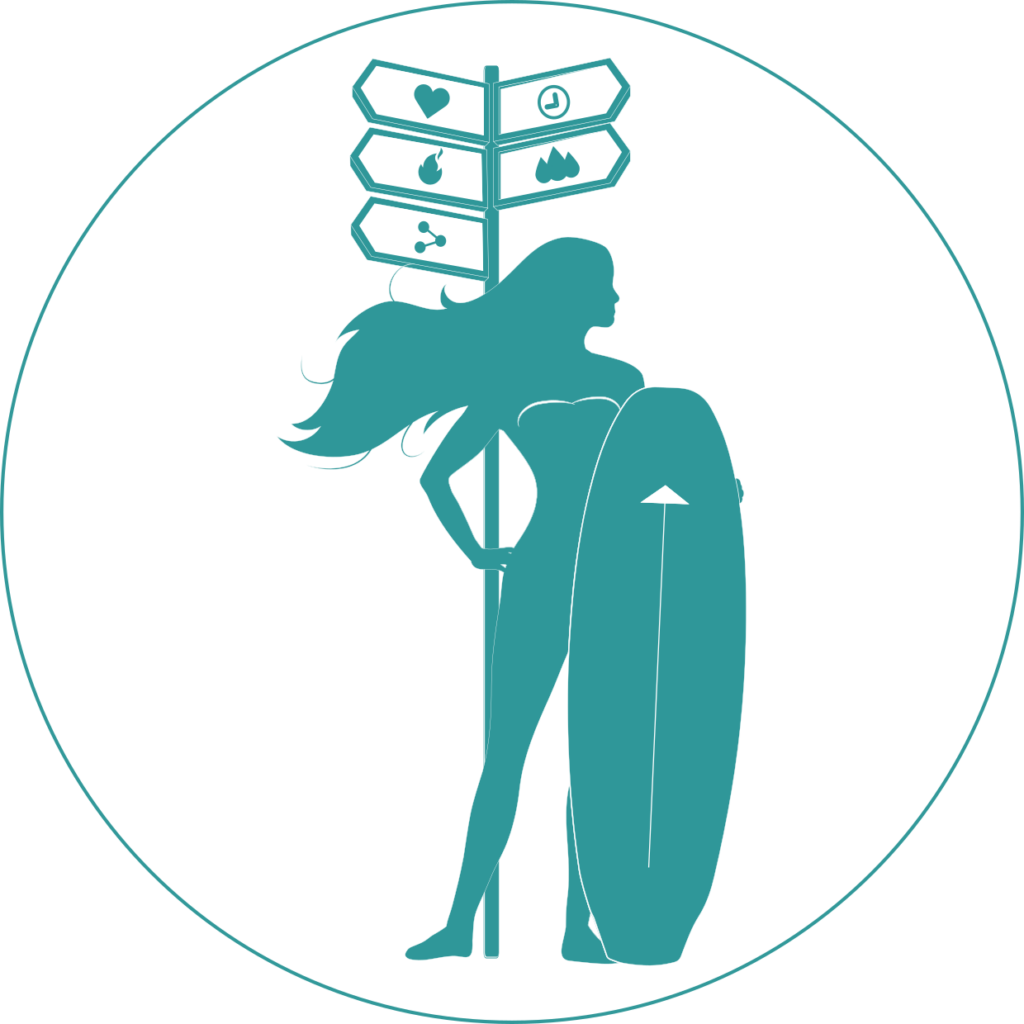Inspired by Arthur Brooks
That energy you get when you’re standing firmly against something. The sense of power. The clarity. The righteousness. Belonging to a group who is also against the same thing. It’s like suddenly everything makes sense: This is wrong. I’m right. Let’s go.
There’s a rush in that.
Do you remember protesting against something because it felt good to belong? To be surrounded by people who all agreed. To have a clear “them” to push against. It felt like truth, like certainty. And that’s the trap.
For example, standing up against cutting down trees in the rainforest. Everyone I know is firmly against that. How could those people working there do that? Especially when they are from there? Their country, their nature! Then I saw an interview with a man who was actually cutting the trees: ‘If I don’t my children don’t eat’. Who can judge a man living in that reality?
The seduction of being “against”
There’s something very seductive about being against. It offers a shortcut. You don’t need to work through complexity or hold multiple truths. You just need an enemy. A cause. A slogan. And suddenly you’re flooded with purpose.
But here’s what I’ve learned in life, in conversations that actually shift things:
Being against something is not the same as being clear.
It’s not the same as being intelligent.
And it rarely leads to your own truth.
When you define yourself by what you’re not, you shrink your world. You stop listening. You start scanning for what fits your position, instead of staying open to what’s real. Open to nuances and different truths. And slowly, without noticing it, you become a smaller version of yourself less creative, less nuanced, less curious.
Arthur Brooks said it well
Arthur Brooks, an immensely inspirational behavioural scientist, explains that when we emotionally merge with a group, especially one united by shared outrage, we may feel more certain, but we actually become less intelligent. Our ability to think independently and discern wisely gets watered down in the emotional wave of the crowd. Even online, this happens. In a click. A comment. A hashtag. And even now more so, when we’re all being dragged into funnels of outrage and division, it’s harder than ever to resist.
The algorithms feed our negativity bias, showing us what confirms our fears and negativity. And because the brain is wired to protect us, it clings to what feels urgent and dangerous. That’s why it’s so tempting, seductive and even addictive. We feel powerful but lose our clarity, our softness, and our original thinking. The cost is subtle, but it’s real: we become more reactive and less ourselves.
So what now?
I’m not saying don’t have opinions. Please do. Think deeply. Care fiercely. But ask yourself:
- Am I thinking for myself, or just joining the louder voice?
- Does being against this actually reflect my values, or just my fear?
- Is this making me more open, or more rigid?
- Do I know facts, scientific data from the source?
- Put yourself in the shoes of someone who defends the opposite.
And maybe the most important one:
- Who would I be if I didn’t need to be against anything? Which need do I fill with being against something?
Because the truth is, life gets richer, not when we narrow our view to fit the crowd, but when we hold our ground with an open heart. When we let go of the addictive hit of certainty and instead choose integrity, curiosity, and responsibility for our own minds.
It’s slower, quieter, more open and more free. And definitely more intelligent.

